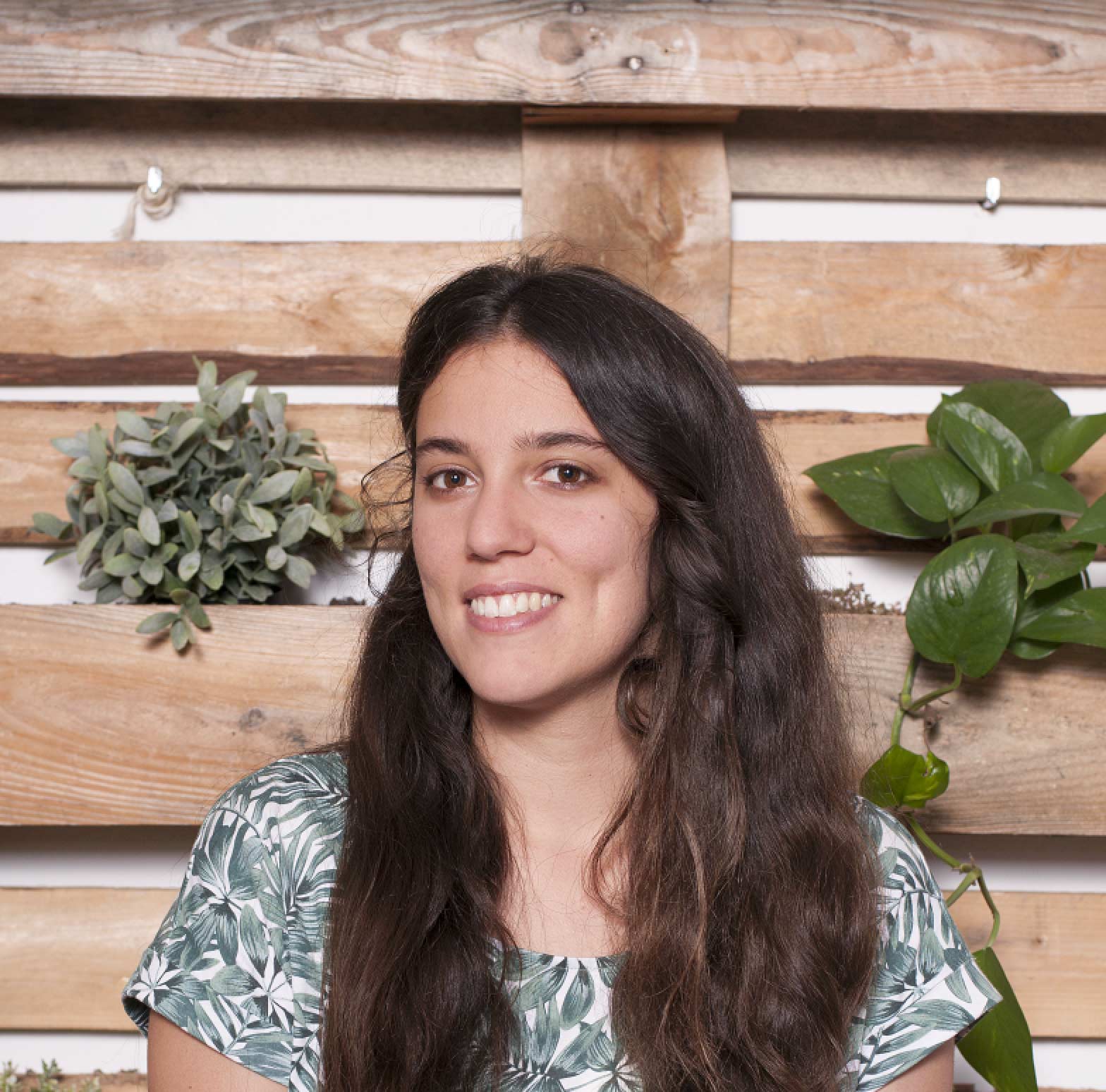Only half a year after his election, Brazil's president, Jair Bolsonaro, is rapidly delivering on his unsettling campaign promises regarding the Amazon forest and the displacement of indigenous communities.
As the host country of the first world climate conference held in 1992, Brazil had developed a rich and internationally admired body of environmental policies in the past decades. But Bolsonaro’s presidency has turned out to be a direct assault on these environmental protections, threatening wildlife, indigenous groups and environmental activists alike.
At Ecosia we regularly host events with groups and organizations that work in fields related to our mission. We recently hosted such an event by Living Gaia, an NGO that is raising awareness (and money) for the precarious situation of the Huni Kuin tribe native to the Amazon forest.
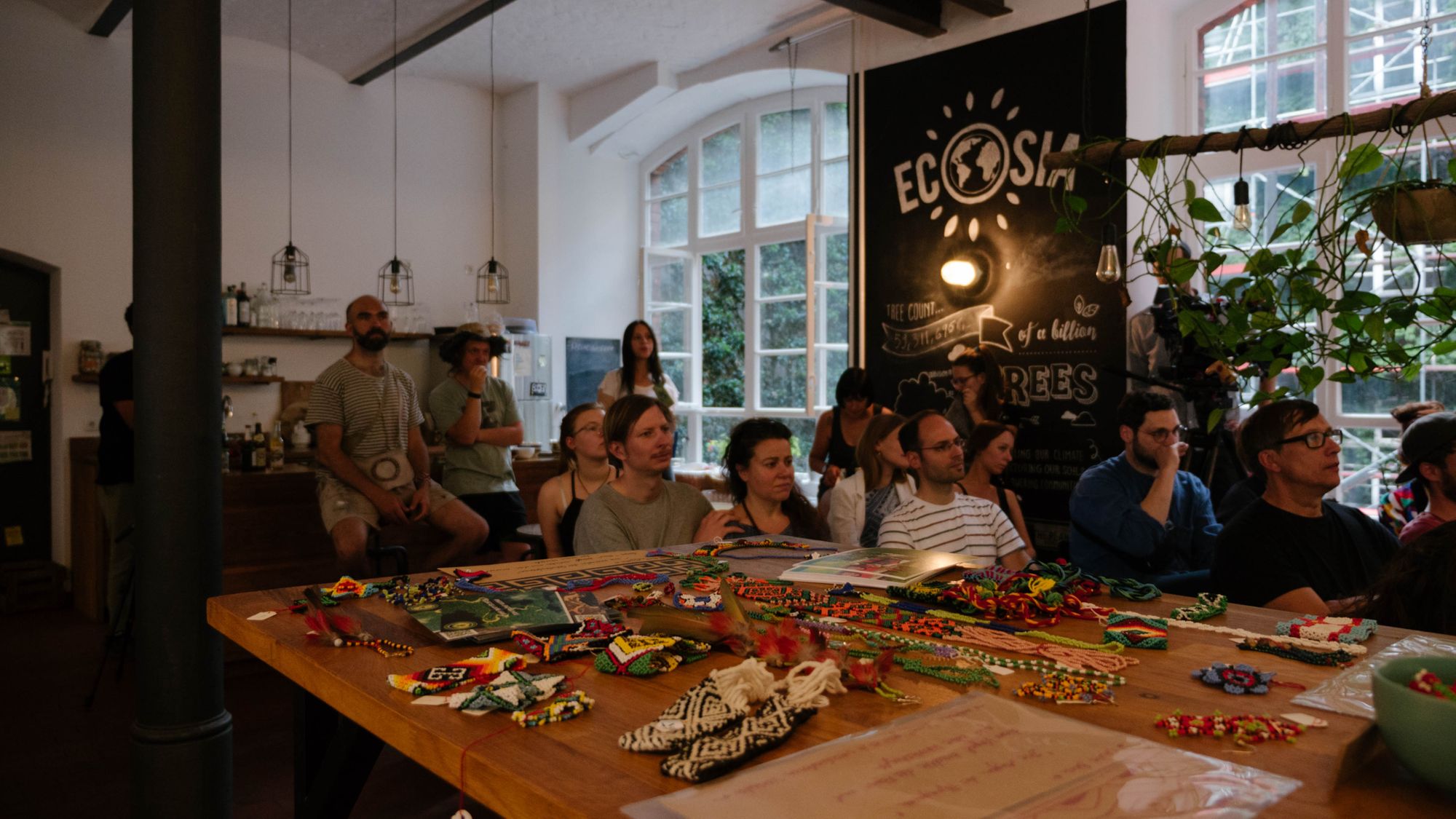
How Bolsonaro is threatening the Amazon and indigenous people
Brazil’s current president has been quoted as viewing the Amazon rainforest primarily as a promising repository of natural resources which he intends to exploit in pursuit of financial gains.
And he is rapidly delivering on these promises, posing a threat to indigenous peoples:
- In early 2019, Bolsonaro signed an executive order that transferred the ability to regulate and create indigenous reserves to the Ministry of Agriculture, whose leadership is known to be under the influence of the agribusiness lobby. This means that indigenous reserves are now under state ownership and more vulnerable than ever before.
- The indigenous agency FUNAI - Fundação Nacional do Índio - has been virtually dismantled. Responsible for the demarcation of indigenous reserves, the agency has been moved from the Ministry of Justice to a newly created Ministry of Women, Family and Human Rights. The latter is controlled by an evangelical pastor.
- The IBAMA* has been equally disempowered. In the past, the institute was tasked with performing random audits on farmers’ lands and reserves to halt illegal logging activities. The agency is now forced to announce its visits at least six months ahead, rendering them virtually ineffective. In barely half a year, the number of fines given out by the institute has been the lowest in more than 11 years while deforestation has increased by 84%.
- The international Amazon-Fund serves as an economic resource to prevent the clearing of the Amazon. The fund is supervised by the Brazilian Development Bank, whose progressive director was recently forced out on the basis of unproven allegations of misappropriation of funds.
*from its acronym in Portuguese, the Brazilian Institute of Environment and Renewable Natural Resources
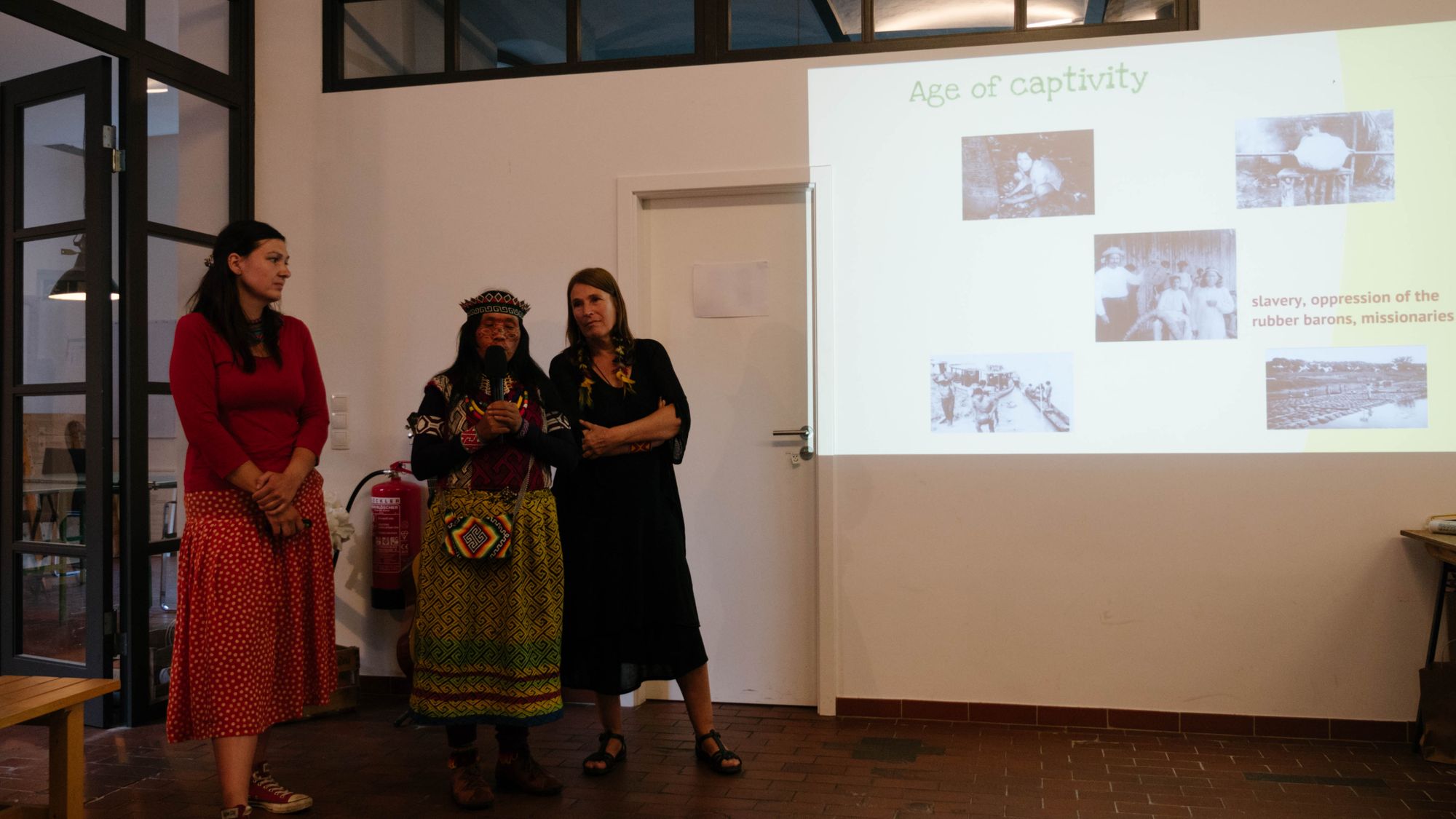
The history of the Huni Kuin: why Bolsonaro's policies threaten indigenous groups
Batani and Bunke belong to the Huni Kuin tribe. The group’s first contact with nawás (non-Indians) happened around 70 years ago, when the rubber industry in both Brazil and Peru penetrated into indigenous territory.
What followed was a period of forced labour. The Huni Kuin tribe were prohibited from speaking their native language. It was only after the fall of Brazil’s military dictatorship in the late eighties that indigenous groups could reclaim much of their territory. Under Brazil’s new constitution, indigenous peoples were officially granted a minimum of 13% of the Amazon territory.
“The numbers tell a clear story”, Alexandra Schwarz-Schilling, the founder of Living Gaia, told us. “Wherever there’s an indigenous group, the [Amazon] forest has remained intact for decades”. While every time they have been driven away, “the forest disappeared”.
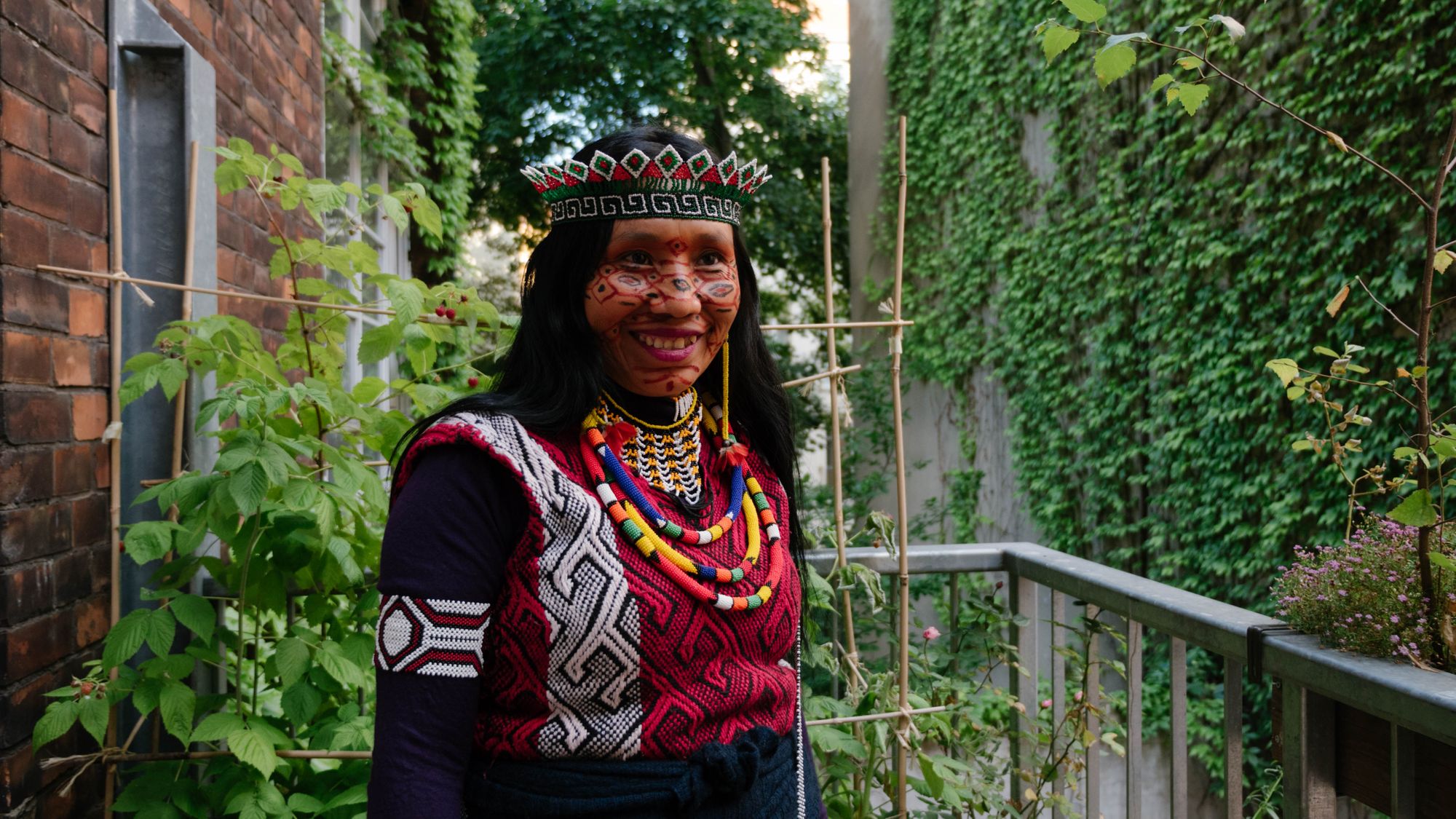
Today, Bolsonaro is challenging these concessions, forcing tribes of more than 5000 people, like the Huni Kuin, to squeeze into ever shrinking territories.
“The problem is that there are barely any NGOs or groups active in the Amazon”, Alexandra told us. “For many years, Brazil was the poster child” of environmental protection and indigenous rights, so not many organizations got involved.
“But starting off now is very difficult, because one has to create connections with the communities and it takes a long time to build trust”, Alexandra explains. Additionally, “owning land in Brazil to be able to plant trees on them also takes a long time, with the Brazilian government creating ever more hurdles”.
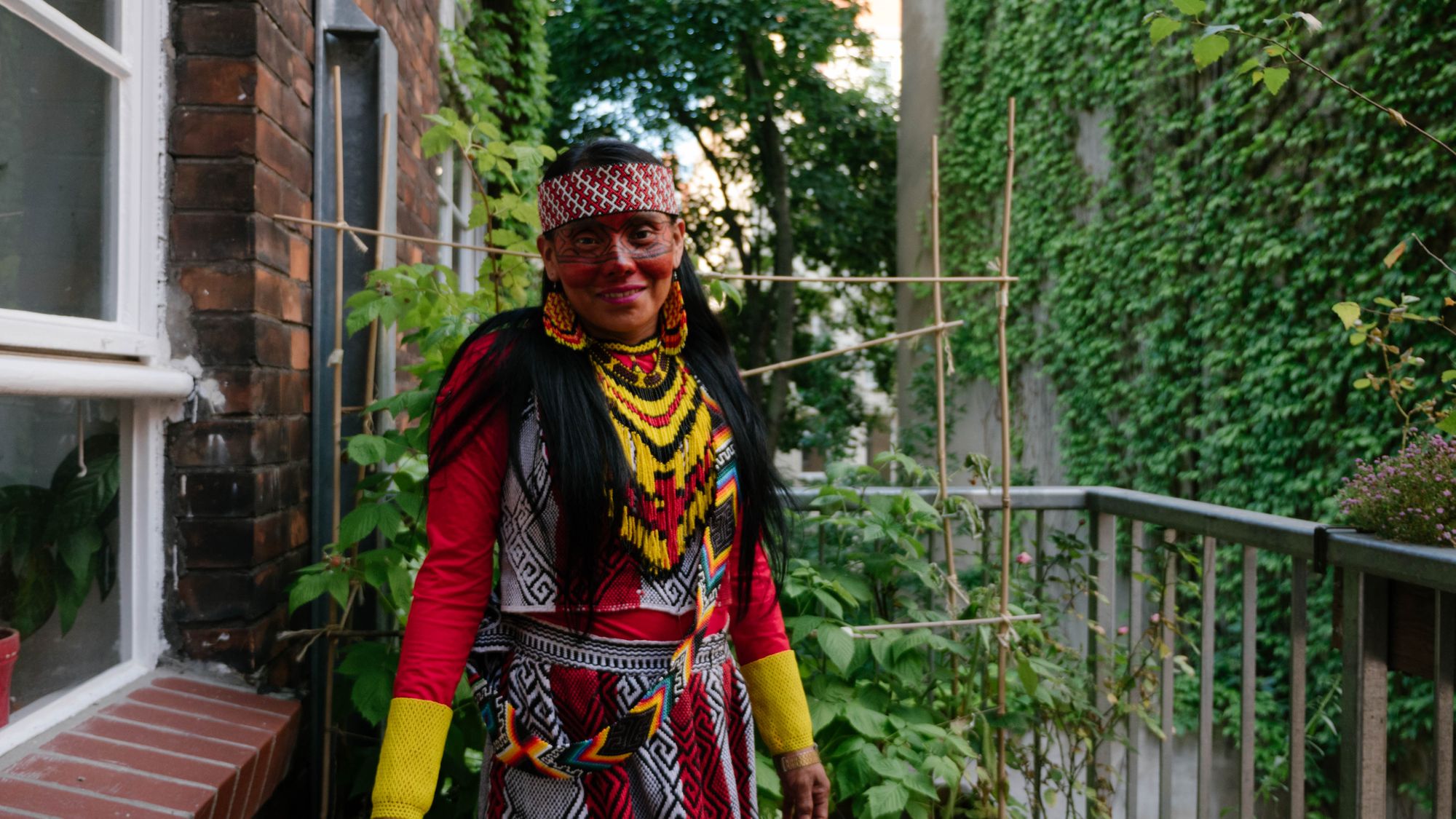
What you can do against Bolsonaro's policies
If Bolsonaro remains unchallenged, the Amazon forest will disappear, just like the Atlantic rainforest did. Here, on the Eastern coastal strip of Brazil, Ecosia is planting trees with our partners at PACTO.
While protecting the Amazon is not an easy task, you can start by spreading the word about what is happening to the Amazon forest and the indigenous groups living there.
Share this article with your friends, stay informed and if you haven’t done so yet, get the Ecosia app for your phone or download Ecosia for your browser and help us restore and protect some of Brazil’s forests.
